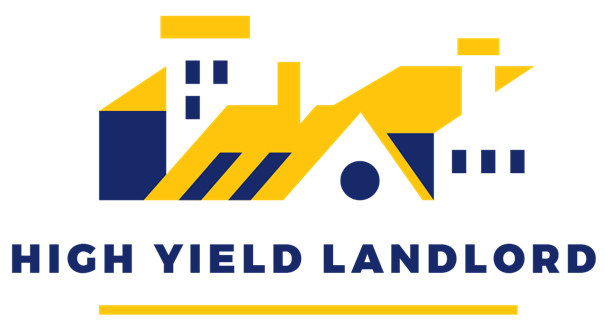Earnings Update: Specialty REITs (Q1 2025)
As we have explained in the past, we classify any REIT that does not fit naturally into another property sector as a "specialty REIT" for the purpose of these earnings updates.
Some of these could be classified as "infrastructure REITs" or "cannabis REITs" or "self-storage REITs." Since we don't own enough individual REITs in each of these sub-categories, we lump them together as "specialty REITs."
In the past, our specialty REITs at least all had in common a high sensitivity to interest rates, but with the recent addition of self-storage REIT CubeSmart (CUBE), we no longer think that is the case. While CUBE is somewhat rate-sensitive, like virtually all REITs, its capability to reset rent rates on a monthly basis makes it less vulnerable to temporary increases in interest rates. Most other REITs have locked-in rent rates for multiple years, which makes them more vulnerable to inflation and interest rate spikes.
Both tower REITs and cannabis REITs, on the other hand, are rate-sensitive in various ways. Tower infrastructure typically has a limited amount of organic growth potential, as the typical annual rent escalation is 2-3%. Meanwhile, cannabis REITs utilize triple-net leases with similar levels of annual rent escalations, plus their cannabis tenants tend to be highly sensitive to interest rates.
Thus, if interest rates come down somewhat from their current levels over the next few years, as we believe they will, we believe our specialty REITs will outperform.
In fact, while two of our specialty REITs are underperforming for their own particular reasons, our two primary infrastructure REITs have both generated over 10% total returns this year:

NewLake Capital Partners (NLCP) has been underperforming because of some tenant issues in the cannabis space. But the small-cap, over-the-counter traded REIT is volatile and can spike back up quickly when things turn in a positive direction.
Meanwhile, Uniti Group (UNIT) shed a large portion of its investor base after suspending its dividend and announcing a merger with its largest tenant, Windstream Holdings, which is estimated to close in the second half of 2025. While management touts this merger as a way to diversify its assets and expand its fiber network, the market has not been impressed with their pitch. Even after the merger, the combined entity does not look likely to generate much positive free cash flow anytime soon. (The $1.43 of AFFO per share management has guided for in 2025 does not include most capex, and there is still significant uncertainty on how much that capex will be.)
Lastly, while we think CUBE could have significant upside in a lower interest rate scenario due to more housing mobility, we doubt it has much further downside in a "higher for longer" interest rate scenario.
With that said, let's get to the Q1 2025 earnings updates for our specialty REITs, and then we'll ask the usual question: Which one makes the best buy today?




